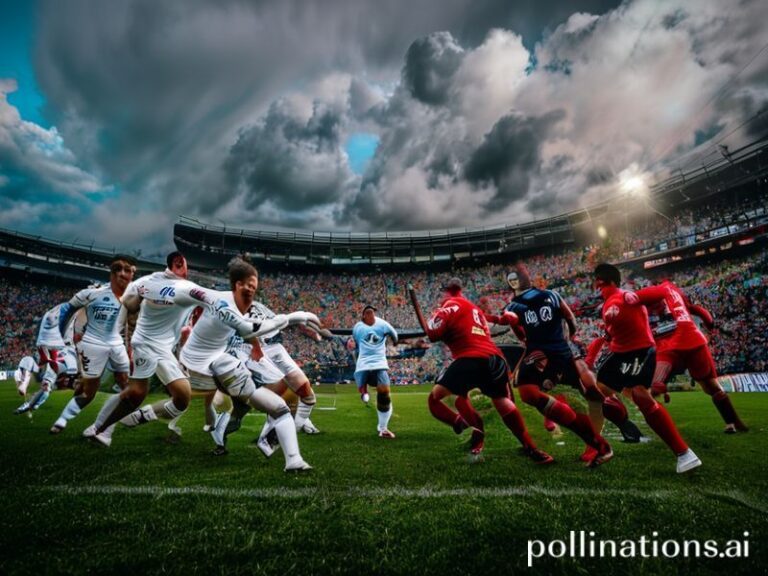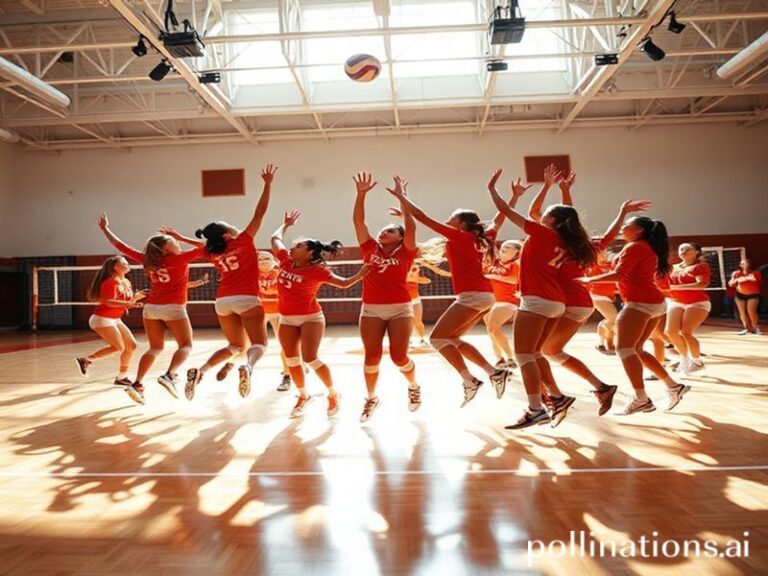Billie Piper: Britain’s Broken Princess Becomes Global Mirror for Post-Fame Trauma
Billie Piper and the Great British Export Crisis: How One Actress Became a Global Rorschach Test for National Identity
LONDON—While the pound sterling continues its graceful swan-dive off the Brexit cliff and the nation’s top diplomatic strategy appears to be “keep calm and blame the French,” Britain has managed one reliable export: Billie Piper’s face. From Swindon to São Paulo, the 41-year-old actress-singer-tabloid-survivor has become a sort of floating signifier for whatever the world currently projects onto the British psyche—polite repression, pop-culture whiplash, or the uncanny ability to look 25 until menopause.
Piper’s latest project, the Sky Atlantic–Amazon co-production “I Hate Suzie Too,” dropped simultaneously in 67 territories last month, proving that existential dread about fame translates better than any BBC language service. Viewers in Lagos recognize the paparazzi shot of a tear-streaked celebrity; viewers in Oslo recognize the frozen smile of a woman calculating the exact height of a window she might have to fling herself from if the WhatsApp leaks get worse. Globalization’s triumph: we all understand the universal terror of a DM screenshot.
The numbers are instructive. In South Korea—where the national sport is surgically perfecting one’s own face—Piper’s insistence on keeping the laugh lines she earned between “Doctor Who” and three divorces has made her an accidental feminist icon. Korean media call her “망가진 공주,” the broken princess, a term that would spark a twelve-part Guardian series if uttered in Islington but is meant, over there, as the highest compliment: she’s glamorous enough to fail in public. Meanwhile, German critics applaud the “kontrollierte Selbstzerstörung” (controlled self-destruction) of her roles, because if anyone knows how to enjoy watching a structure collapse in strict accordance with safety regulations, it’s the Germans.
Of course, Piper’s international resonance owes less to acting range—though she has that in spades—than to the sheer narrative economy of her origin story. Take a 15-year-old Brit-school kid, hand her a neon tank top, manufacture a chart-topping pop single about wanting a boyfriend who can do basic carpentry, and presto: a parable for every country that has ever sold its young women a prefab dream then feigned shock when the packaging tears. Swap out the London studio for a K-pop academy, a Nashville stage parent, or a Parisian couture house and the plot stays identical; only the hair changes.
The darker punchline is that Piper’s career arc maps almost perfectly onto the UK’s own post-imperial itinerary. Phase 1: cheerful, slightly anodyne global dominance (“Because We Want To” hit No. 1 in New Zealand; the Royal Navy once did too). Phase 2: reinvention as a quirky sidekick to an American powerhouse (Rose Tyler following the Doctor, Britain following U.S. foreign policy). Phase 3: gritty anti-heroine in a prestige drama nobody can afford without Chinese streaming money. Phase 4: apologizing on talk shows for things that weren’t entirely her fault—see also: every British prime minister since Iraq.
Yet the world keeps buying tickets, perhaps because watching Piper navigate tabloid shame is the closest thing secular societies have to public penance. Italians, who invented the opera, recognize the form: beautiful woman sings, is destroyed, emerges stronger, wears sunglasses indoors. Brazilians, who pioneered the telenovela, appreciate the pacing: marriage at 19, divorce by 25, revenge glow-up by 30. Americans simply enjoy the reassurance that somewhere across the Atlantic, someone else is outsourcing their emotional labor to a therapist whose qualifications are suspect.
What does it say about the current planetary mood that a show titled “I Hate Suzie” sells from Helsinki to Harare? Nothing we didn’t already know: everyone’s tired, fame looks increasingly like a pre-existing condition, and the only thing spreading faster than variants is the suspicion that maybe the algorithm knows you better than your mother. Billie Piper isn’t saving the world; she’s just the woman left holding the mic when the song ends and the house lights snap on. We watch, we wince, we hit “next episode,” grateful that at least one British export still works—until the day she doesn’t, and the crowd, seasoned by decades of disappointment, will simply shrug and scroll on to the next broken princess.
After all, the market abhors a vacuum, but it absolutely adores a vacuum that can cry on cue.







